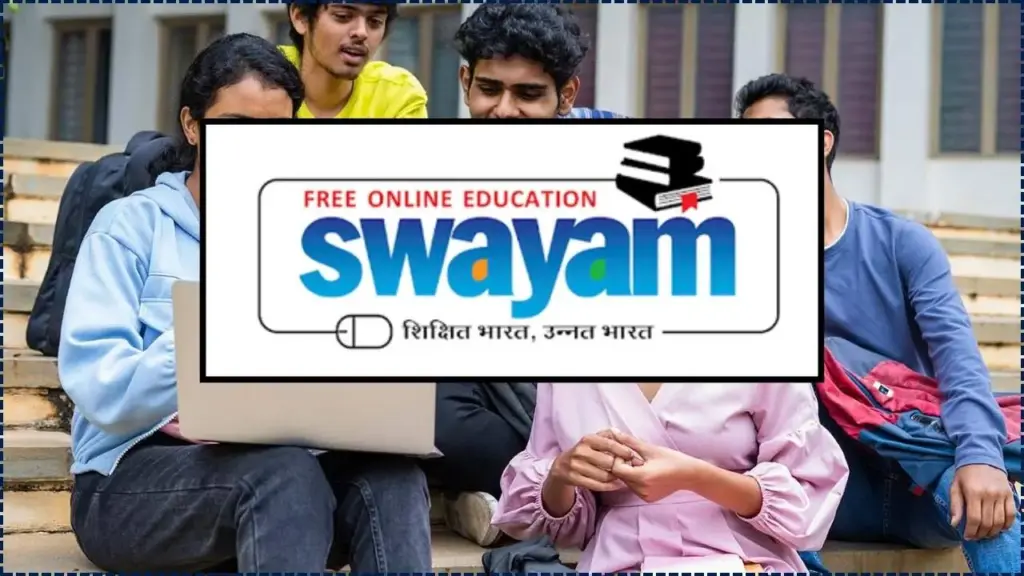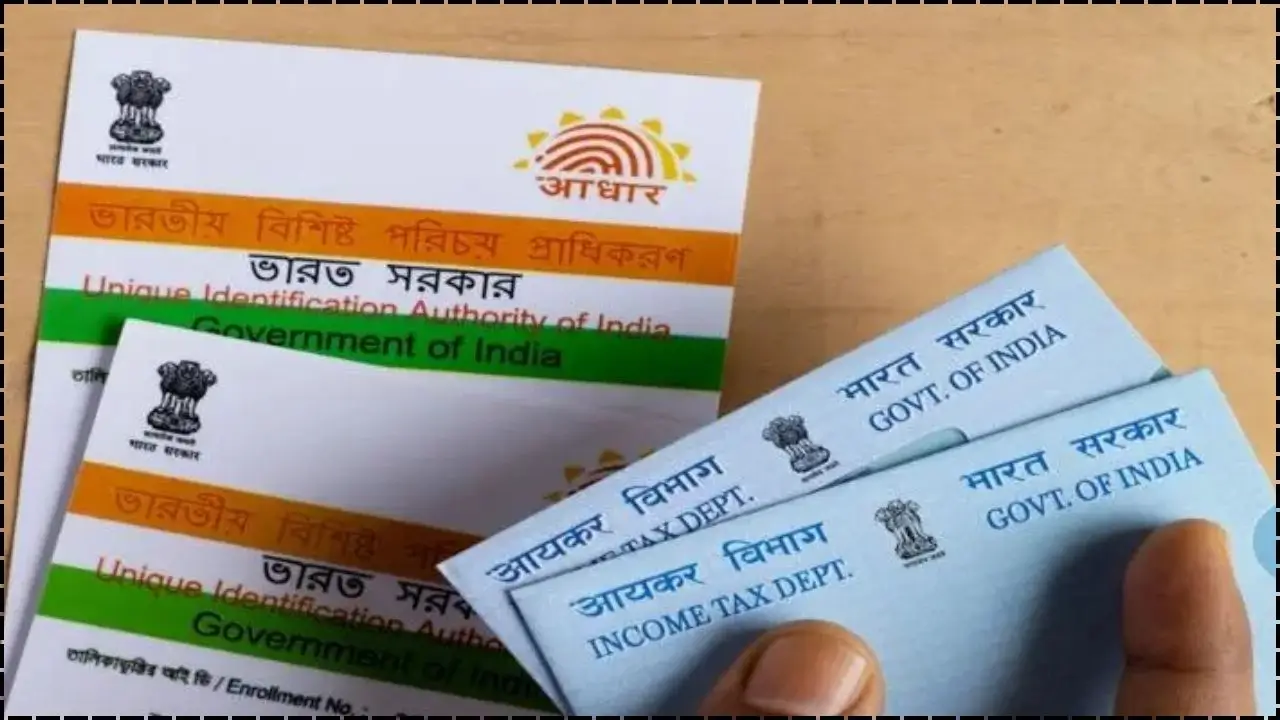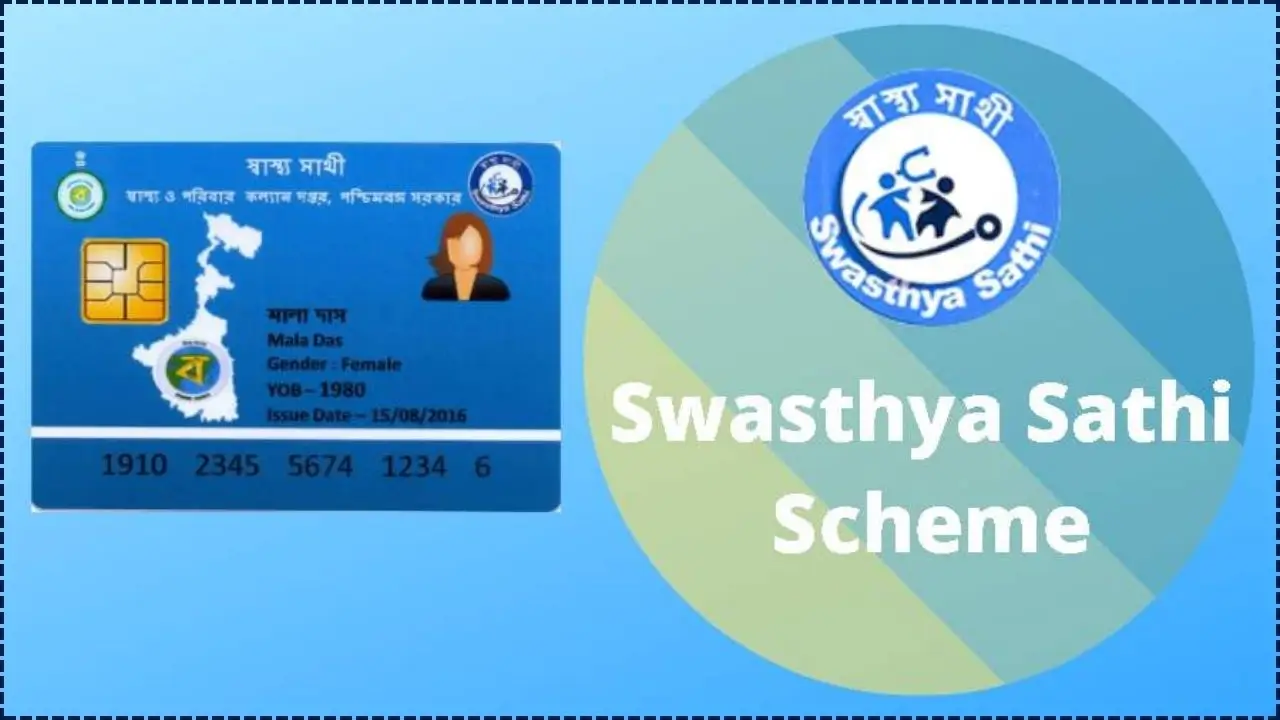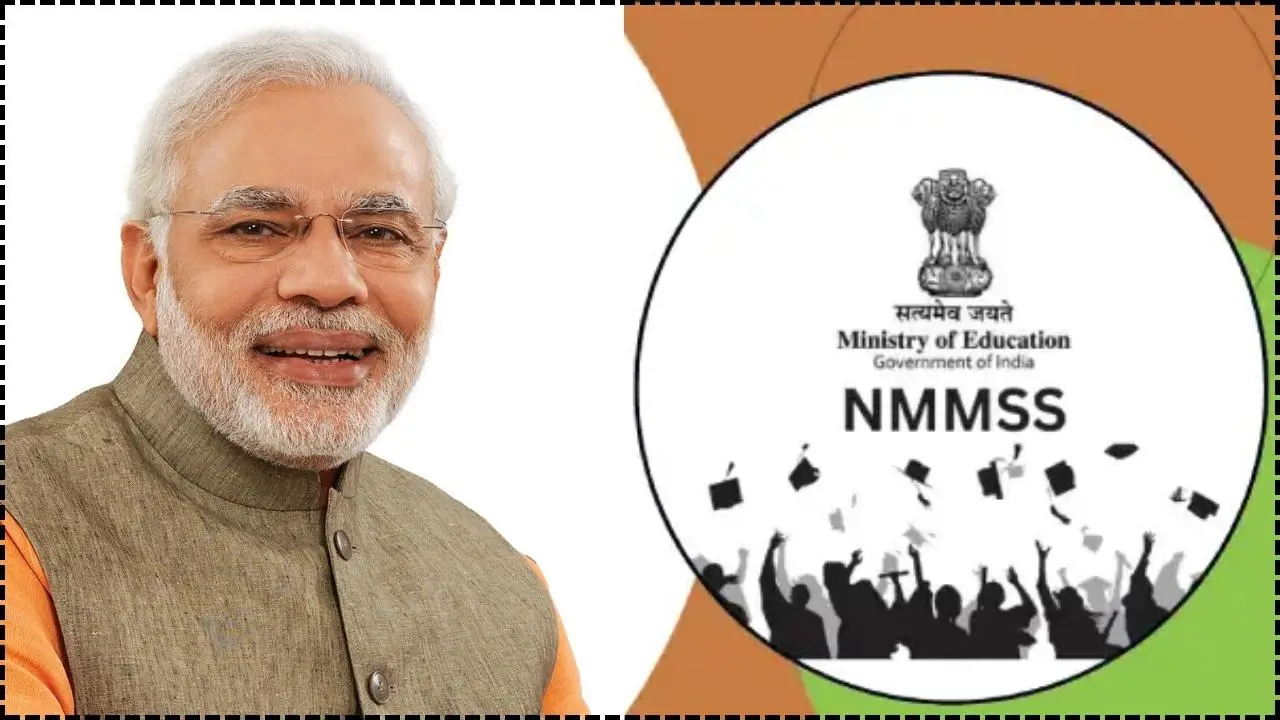In an era dominated by technology, where access to quality education is more important than ever, the Swayam Scheme has emerged as a critical player in transforming India’s education system. Launched by the Ministry of Education, Government of India, Swayam is a Massive Open Online Course (MOOC) platform designed to make high-quality education accessible to every student, regardless of their geographical location or financial standing.
By offering over 11,000 online courses, the Swayam platform is not only helping bridge the education gap but also promoting lifelong learning for millions of students across the country.

The Swayam Scheme represents a significant shift in India’s education landscape, making high-quality learning accessible to millions. It empowers students across India with skills that will shape their future and contribute to the country’s growth in the digital age.
As the platform evolves and overcomes current challenges, Swayam has the potential to become a cornerstone of India’s education system, providing opportunities for lifelong learning, skill development, and career advancement for generations to come.
Table of Contents
What is the Swayam Scheme?
Launched in 2017, Swayam stands for Study Webs of Active Learning for Young Aspiring Minds. The platform was established as a part of India’s broader Digital India initiative, with the aim of providing affordable and accessible online education to students ranging from Class 9 to postgraduate levels.
The platform offers a wide range of courses in subjects such as engineering, social sciences, humanities, business management, and vocational training. These courses are designed and offered by top universities, including IITs, IIMs, UGC-accredited institutions, and even industry leaders.
Key Features of the Swayam Platform
- Free Access to Education: The Swayam platform offers most of its courses free of charge. Students only need to pay for certification if they wish to receive an official acknowledgment of completion, which is highly recognized by academic and professional bodies.
- Comprehensive Learning: The courses on Swayam are structured with a variety of learning materials such as video lectures, reading materials, discussion forums, and quizzes. This mix of formats enhances learning by catering to different learning styles.
- Certification and Credit Transfer: Many of Swayam’s courses offer certification and credit transfer options. Students who complete courses successfully may integrate these credits into their university education or use them to enhance their resume for better job prospects.
- Accessibility and Inclusivity: One of the most important aspects of Swayam is its focus on accessibility. The platform supports a wide range of devices, from mobile phones to laptops, ensuring that students with varying levels of technological access can participate. It is also available in multiple regional languages, further extending its reach.
Swayam’s Impact on Indian Students
The Swayam initiative has made a significant impact on India’s education system, particularly for students in rural and underserved areas. As of the latest reports, over 12 million unique users have engaged with the platform, with more than 40 million course enrollments recorded.
1. Increased Access to Quality Education
Swayam has made it possible for students, especially those in remote and rural areas, to access top-tier educational content. Students in Tier-2 and Tier-3 cities, or in isolated villages, can now learn from IITs, IIMs, and other premier educational institutions. This access has democratized education, allowing learners from all parts of India to benefit from high-quality resources.
2. Enhanced Skill Development
One of the key advantages of the Swayam platform is its focus on providing industry-relevant skills. From data science to AI, students have access to cutting-edge courses that prepare them for the job market. Several corporate partnerships, such as those with Google and Microsoft, ensure that students can gain technical skills that are in demand by employers.
3. Empowering Lifelong Learners
Swayam has proven invaluable not only for school and college students but also for working professionals looking to upgrade their skills. With the flexibility of online learning, professionals can continue their education while maintaining their jobs. Many working individuals have used the platform to learn new technologies, earn certifications, and enhance their careers.
Challenges Faced by the Swayam Platform
While Swayam has made commendable progress, it has faced several challenges in its implementation:
1. Completion Rates
One of the primary challenges with online learning platforms like Swayam is the low completion rate. As per government data, less than 5% of students who enroll in courses on Swayam complete them. The reasons range from lack of time to insufficient engagement, especially in the case of more extensive courses.
2. Digital Divide
While Swayam has made online learning more accessible, internet connectivity issues persist in rural areas, hindering students’ ability to access the platform. Despite improvements in internet infrastructure, many students in remote regions still struggle with connectivity.
3. Technical Barriers
Although the platform supports multiple devices, the lack of digital literacy among some students creates a barrier to effective learning. This is particularly true for older students or those who have never interacted with digital platforms.
Swayam Success Stories: Empowering Students
Numerous students have successfully used the Swayam platform to transform their educational and professional lives. Take Ravi Kumar, a student from a small village in Uttar Pradesh, who enrolled in a data science course offered by IIT Bombay. “Before I discovered Swayam, I never thought I could afford a quality course. Now, I am working as a data analyst, and my certification from IIT Bombay helped me land the job,” Ravi says.
Similarly, Priya Sharma, a teacher in rural Haryana, upgraded her teaching skills by enrolling in courses focused on pedagogical techniques and classroom management. “Swayam gave me the tools to be more effective in my classroom. The courses were well-structured, and the certification added credibility to my teaching profile,” she explains.
Government Support and Broader Educational Policies
Swayam fits seamlessly into India’s Digital India vision, which aims to increase the use of technology in every aspect of governance, including education. The government has been actively promoting the integration of Swayam with formal education, allowing students to incorporate online learning into their academic curricula.
Moreover, National Skill Development Corporation (NSDC) and National Board of Accreditation (NBA) have partnered with Swayam to ensure that vocational and professional skills training is also accessible through the platform. These collaborations help create a more industry-oriented approach to education, addressing the skill gap in India’s workforce.
Related Links
Are You Missing Out on PM Kisan Samman Nidhi and Other Game-Changing Benefits: Check Details
Central Government Announces New Monthly Assistance Scheme for Citizens — Check Eligibility Details
Comparison with Other MOOC Platforms
While Swayam stands out for its focus on Indian institutions, other MOOC platforms like Coursera, edX, and Udemy also offer online learning but often charge for courses and certifications. Unlike these platforms, which cater to a global audience, Swayam focuses on the specific needs of Indian students, offering regionally relevant courses and certifications recognized by Indian institutions and employers.
However, international platforms often provide a wider range of specialized courses and certifications that are recognized globally. As India continues to grow in its online education ecosystem, integrating features from both domestic and international platforms could increase its effectiveness.
Future Directions for Swayam
To ensure that the Swayam platform remains relevant and continues to grow, several steps are being taken:
1. Incorporating AI and Personalization
The future of education lies in personalized learning. Swayam is looking to incorporate artificial intelligence (AI) to create more personalized learning paths for students. AI can help analyze student performance and suggest courses that align with their learning pace and objectives.
2. Expanding Course Offerings
In response to the growing demand for vocational skills, Swayam plans to expand its course catalog to include more industry-specific certifications and short-term diplomas that will provide students with job-ready skills in emerging fields.
3. Addressing Digital Literacy and Infrastructure Issues
Collaborations with local government bodies and private partners are expected to improve internet connectivity and digital literacy in underserved areas, thus improving access to the platform.
















